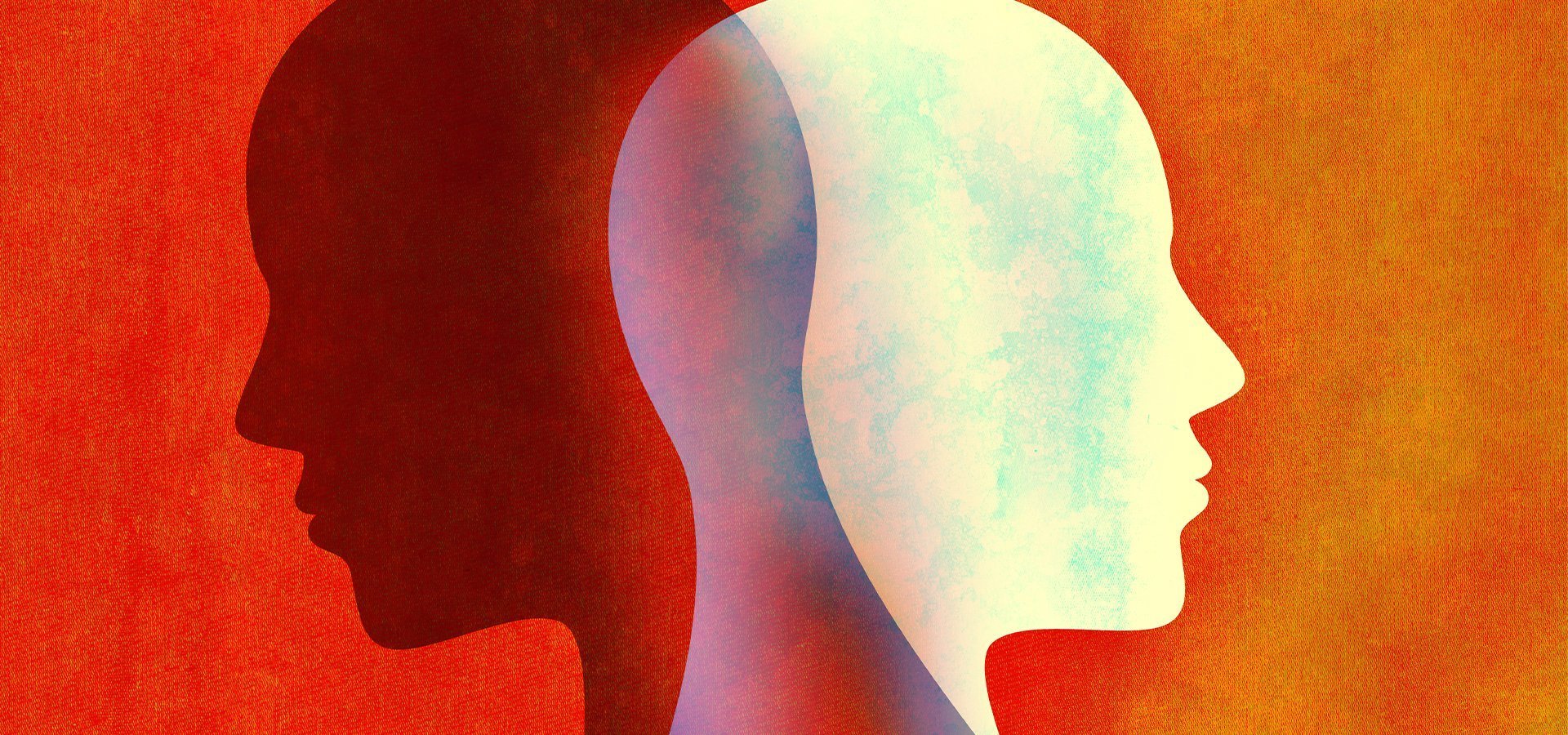When individuals struggle with drug or alcohol abuse, the source of this is often a mental health issue like depression or anxiety. People frequently use drugs or alcohol as a sort of self-medication, believing that the substances somehow relieve their distress. This can be true, superficially, but soon it becomes clear that substance abuse only masks the underlying issues causing emotional or physical pain. To help individuals overcome their addiction, treatment professionals also need to address the underlying mental health issue. This treatment approach can be referred to as “co-occurring disorders treatment” or “co-occurring treatment.” Our co-occurring therapy at TruHealing Baltimore helps clients heal from addiction and any mood disorders they may be experiencing.
Co-occurring substance abuse issues can play a significant role in determining the addiction treatment necessary to heal. Our team designs a treatment plan around those specific mental health needs if clients need care for co-occurring disorders. Severe mental health disorders can be debilitating; our priority at TruHealing Baltimore is to give access to all of the care necessary to heal and recover. During each level of care, clients will have access to psychiatric care and the proper medications to keep them well.
What Are Co-Occurring Disorders?

It matters less which condition came first or caused the other than it does to recognize both conditions are present and need to be addressed simultaneously. Studies indicate that roughly half the people suffering from a mental health issue will also experience substance abuse. It is nearly impossible to determine which happened first or which caused the other. Some of the factors that may contribute to mental health and substance abuse occurring together include:
- Genetics: Studies indicate that certain genes can contribute to a person’s risk of having both a mental illness and a substance abuse disorder. Genes also affect how people react to specific drugs, for example, if marijuana or cocaine will make them feel especially good or not.
- Mental Illness can contribute to substance abuse disorders: Mental health issues can contribute to the risk of substance abuse. Depression, anxiety, and other issues can lead people to self-medicate with drugs or alcohol to overcome negative emotions.
- Substance abuse contributes to mental health issues: Substance abuse can change the brain to make it more susceptible to mental health conditions.
Co-Occurring Disorders Therapy and Treatment
Because of the high incidence of mental health issues and substance abuse, patients seeking help for substance abuse should have an assessment to see if they have mental health issues. Mental health and substance abuse are both treated using several different behavioral therapies, including:
- Cognitive-behavioral therapy (CBT): Helps patients to understand their harmful beliefs and behaviors.
- Dialectical behavior therapy (DBT): Patients identify and alter negative thinking patterns and choose positive behavior changes.
- Motivational interviewing: A therapeutic approach where individuals learn to discover and set goals for themselves.
Treatment for mental health issues and substance abuse may also require medication.
Start Your Recovery at TruHealing Baltimore
Millions of individuals struggle with depressive disorders every year. Similarly, millions turn to substances like drugs or alcohol to help them through their emotional and mental health issues. However, this is extremely risky and can lead to addiction. At TruHealing in Baltimore, Maryland, we understand to achieve a full and lasting recovery individuals need to resolve their mental health and addiction issues simultaneously. Our co-occurring treatment is one way we help clients heal. Reach out to us today at 833.782.2241 to learn more.
Why TruHealing Baltimore?
TruHealing Baltimore is your partner for recovery. We are ready to give you or your loved one everything they need for recovery that stands the test of time. The only requirement is a little hope and enough willingness to try. The sober, happy and peaceful life you’re imagining is much closer than you imagine. Give us a call (833) 782-2241 and we can start moving in the right direction.
Lets Recover Together.
WE’RE ONE CALL AWAY.
Start TruHealing Today
100% Confidential





